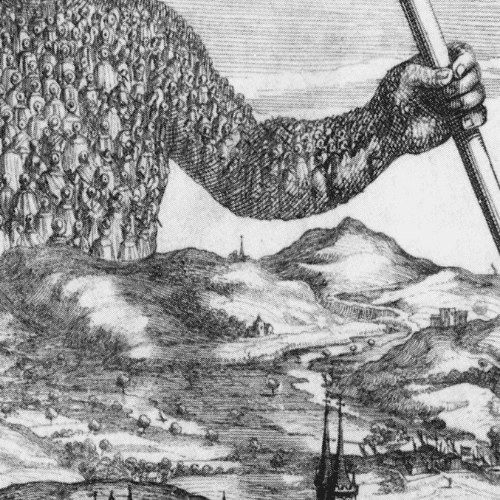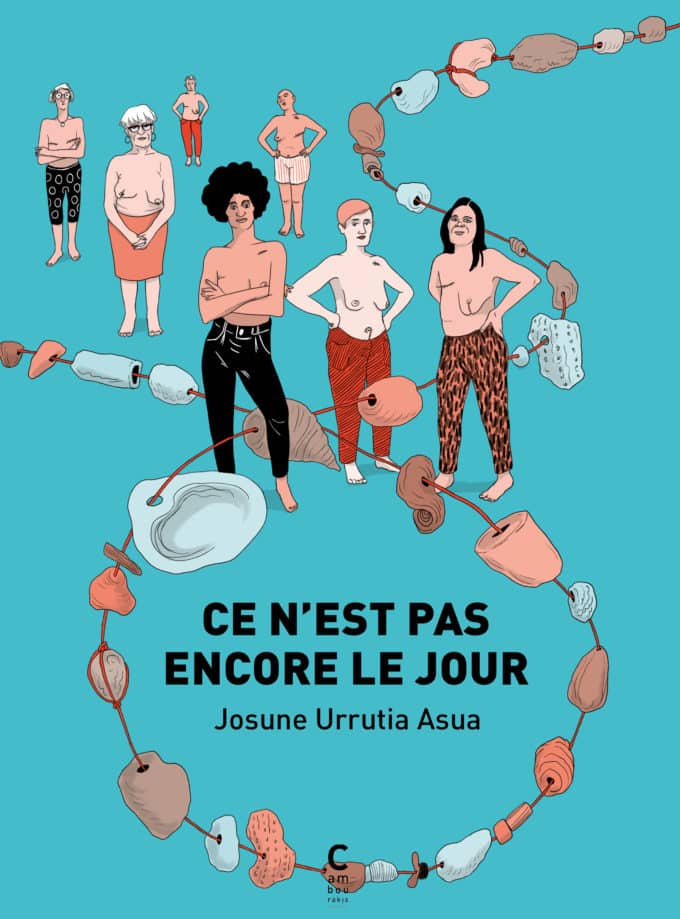Professor of philosophy at the University of Turin, Enrico Donaggio is in residence at Iméra from February to July 2018. He is interested in the impact of contemporary changes in work on freedom and, more broadly, in philosophical and historical theories of modernity, theories of political evil and critical theories of society. Author of some 100 publications, he has written on the cultural industry in the era of Steve Jobs, the Italian edition of the New Spirit of Capitalism by Christian Boltanski and Eve Chiappello and more recently a new Italian edition of Etienne de la Boétie’s Discours de la servitude volontaire.
Article published in Fellows#29 – The future of work in the 21st century, RFIEA magazine, French Network of Institutes of Advanced Study
On Sunday, June 5, 2016, Swiss citizens could have decided to live without work for the rest of their lives, receiving from the State 2,250 euros per month without consideration. The rejection of this perspective was clear: 76.2% of voters said no to “the introduction of an unconditional basic income” to “enable the entire population to lead a dignified life and participate in public life.” In the past, the Swiss electorate had already sharply postponed the possibility of going from four to six weeks of vacation per year, reducing working hours from 40 to 36 hours per week, or raising the retirement age from 65 to 62. To consider that life should not be devoted to seeking and carrying out an activity that is increasingly difficult to find, but necessary to survive, is not on a roll.
It is a sad political destiny for those who support the utopia of pay without work. In France, Benoît Hamon paid the price in the last presidential elections, with a disastrous result – the lowest score in PS history. According to a survey conducted at the end of 2016, 64% of French people are skeptical about universal income, fearing that it “encourages people to stop working and settle for their universal income”. However, 85% of those surveyed said that if the measure were passed, they would continue to work hard “to make more money, because they do not imagine not working.”

The sociological, economic and philosophical divide between supporters and opponents of this kind of income could not be clearer. The starting premise itself is divisive.
For the advocates of universal income, the work as we have known and imagined so far is over. The metamorphoses are multiple. On the one hand, its nature: the work is less and less confined to a place, to specific schedules, and more and more interwoven with aspects of existence that were not necessarily involved in this activity previously (emotions, feelings, knowing to be, network, etc.) On the other hand, the shortage of work is growing exponentially and inexorably, and this trend also applies to creative and innovative activities, which are increasingly threatened with replacement by advances in digital and intelligent machines. From this diagnosis flows, logically, a political proposal. It is a question of a change in the hierarchy of values, or even of a revolution, in the relationship between the individual and work: to guarantee the individual’s subsistence, even in the absence of the sale (partial or total) of his own labour force, of his life in exchange for a salary.
Why does such an attractive utopia, based on solid arguments, in line with contemporary issues, meet such tenacious resistance? What is the basis for this refusal to imagine the possibility of a life without work, so far manifested by the majority of Western citizens (it is only of them that we speak about, it must be remembered, when we evoke this type of scenario)?
These questions are not new. They are, in fact, old like capitalism. From its inception, it has put in inevitable competition right to live and right to work. Capitalism constantly creates and destroys, in a more or less balanced way, places of work; it exploits the workers as a mere commodity; it generates both wealth and poverty. For these structural reasons, since the British labour laws of the eighteenth and nineteenth centuries, the following question is hotly debated: is it appropriate to disconnect work and wages (introducing the problems of charity, assistance/assistance, patronage, welfare) or unthinkable (with the figure of the working poor as the only mass economic subject admitted by capitalist labor)?
During the 19th and 20th centuries, the main cultural responses to this dilemma converged towards a form of apologies, worship or sanctification of work. There is the Protestant-bourgeois version (labor as a sign of election and salvation of the soul) and the socialist-proletarian version, where labor is a weapon of revolutionary emancipation. In either case, this ideology assigns to work the role of vector of self-realization from the moral, economic and political point of view. This gives an essential function to the labour market: that of a large social integration mechanism.
Resistance to the prospect of a universal income – a corollary of a social stigma against those who do not work or those who aspire to live without working “really” – is rooted in this “Labour” culture. It crosses the boundaries of the traditional class conflict between capital and labour, bosses and workers (with significant differences between North and South of the western hemisphere).
However, this dimension is a blind spot in the arguments of the proponents of the utopia of a life without work. They do not understand that, up to now, the experience of work has been indispensable for most Westerners because of their condition: isolated, powerless, free only to consume and enjoy to infinity. They forget that work experience has a dual nature. Condemned to earn bread, torture and torture every day (as indicated by one of its possible etymologies: trepalium), labour is also delivery, creation and realization: a horizon of light that can produce concrete transformations.
This experience of self-realization despite the difficulties presents a very strong affinity with what could be called «capitalist utopia». It is the dream of freedom of each self-made man: to create a better life, with his only strength, therefore with his work (in Robinson Crusoe, bible of this kind of dreams, «industry» is the word most present). Faced with this prospect, so laborious, the universal income project, as it is articulated today, has very little chance of imposing itself. The utopian hope of billions of self-made man/woman can hardly be replaced by that of a life without work, with a paternalistic income distributed by the state.



